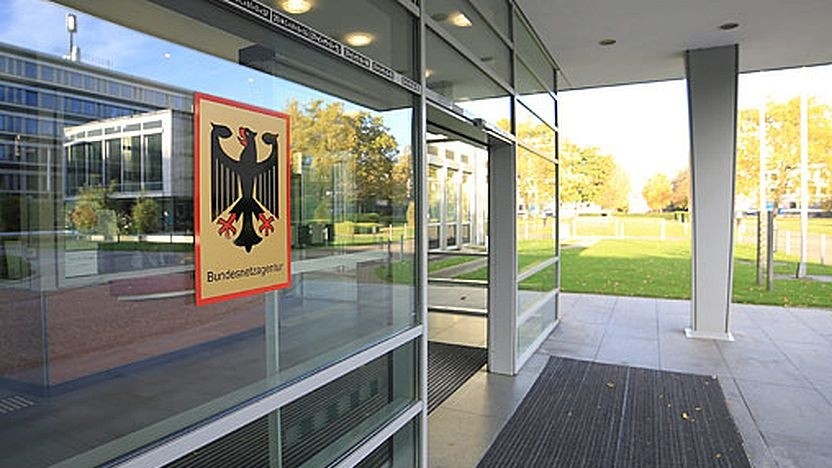Economical mobile communications: the Federal Network Agency allows a reduction in transmission power

Mobile network operators are allowed to operate their transmission masts in energy-saving mode, which reduces transmission power. Apparently, there should hardly be any restrictions for customers: If necessary, the transmission power is automatically increased again.
According to a report by Golem, which refers to the German Press Agency (dpa), the Federal Network Agency recently gave the go-ahead for energy-saving measures in mobile communications. Accordingly, the operators Telekom, Vodafone and Telefónica (O2) are permitted to reduce the transmission power of their radio masts in order to save energy.
Hardly any restrictions for users
However, this measure should not significantly affect the quality of the mobile network. Accordingly, not all transmission frequencies are operated with reduced energy, but only one part per frequency band. This means that communication with receivers is still possible – with a reduced bandwidth.
As soon as the available bandwidth is no longer sufficient, the other frequencies should apparently be increased automatically with the power so that the usual transmission speed is available. As a result, the respective companies, as well as the Federal Network Agency, expect hardly any restrictions for the users. Even if this system works ideally, a slight deterioration in the network connection cannot be ruled out due to the different propagation properties of the various frequencies. However, this should only come into play in peripheral scenarios.
“We do not expect any significant restrictions for customers” [Sprecher der Bundesnetzagentur]
Just as exciting: Mobile communications: Telekom in Germany with an “outstanding” network
However, this obviously saves a lot of energy. According to the report, the energy-saving mode is currently being tested by Vodafone, where it has been active at 100 stations during the day since October. If all transmission masts were operated in this way, the energy consumption of 3,000 households could allegedly be saved. Energy consumption is likely to fall, especially at night and in sparsely populated regions, since the mobile network is generally less busy under these conditions.
Source: golem
Reference-www.pcgameshardware.de